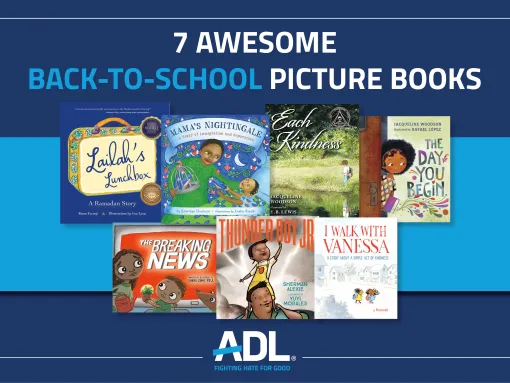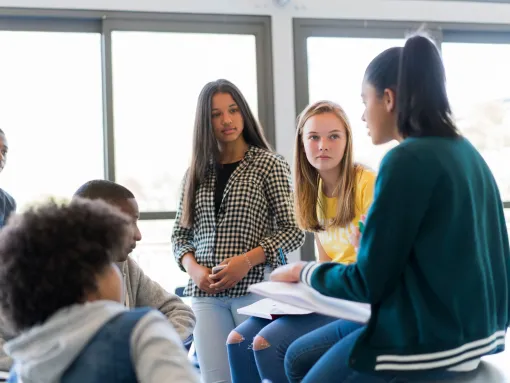
Table Talk: Family Conversations about Current Events For Educators | For Parents, Families, and Caregivers Pronouns matter.
There has been a cascade of recent news about the use of ‘they’ and ‘them’ as gender-neutral pronouns. These stories provide a useful teachable moment about the importance of pronouns and in understanding people who are non-binary. Evolving knowledge of pronouns is a result of our society becoming more aware of gender identity and expression. …






















